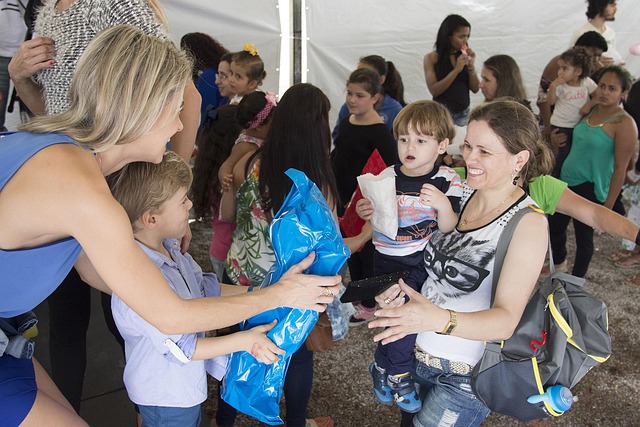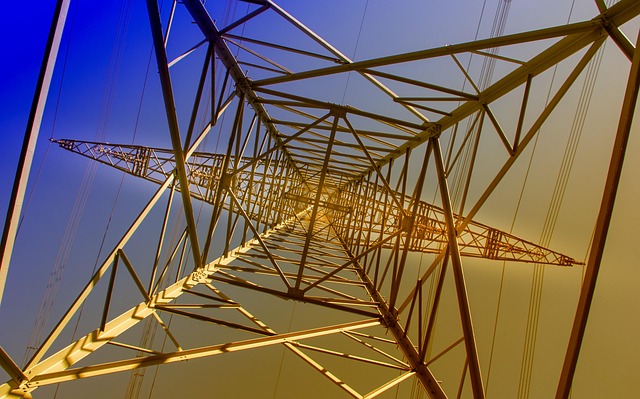The Impact of Waste Sorting on Emission Reduction
The world is at a pivotal juncture, facing an ever-growing crisis of climate change and environmental degradation. One of the simplest yet most effective strategies individuals and communities can adopt to combat this is waste sorting. This practice is not just about aesthetics or convenience; it plays a crucial role in reducing emissions and creating a sustainable future.
Understanding Waste Sorting
Waste sorting involves separating waste materials into distinct categories—recyclables, organics, and general waste—before disposal. This process might seem mundane, yet it has far-reaching consequences for our environment. When we sort our waste, we make it easier to recycle materials and reduce the amount that ends up in landfills.
The Environmental Impact of Landfills
Landfills are one of the largest sources of greenhouse gas emissions. As organic waste decomposes anaerobically, it releases methane, a potent greenhouse gas. By engaging in effective waste sorting, we can dramatically decrease the volume of organic waste that reaches landfills, hence minimizing methane production. Furthermore, recycling materials like plastics, metals, and paper requires significantly less energy than producing new materials from raw resources, contributing to lower emissions overall.
Creating a Circular Economy
By practicing waste sorting, we pave the way for a circular economy. In a circular economy, waste is viewed as a resource. Each item disposed of can potentially be transformed into something new. This transformation conserves resources and energy, minimizing the carbon footprint associated with manufacturing processes. As businesses and individuals commit to waste sorting, this circularity strengthens, leading to enhanced sustainability at every level.
Community Engagement and Responsibility
Effective waste sorting requires collective effort. Community programs and educational initiatives can motivate individuals to take responsibility for their waste. As people become more aware of the environmental impacts of their actions, they’re more likely to engage in practices that reduce emissions, such as composting organic waste or recycling. Ultimately, this collective consciousness fosters a more sustainable culture that transcends individual actions.
Technological Innovation
Advancements in technology have also revolutionized waste sorting. Smart bins equipped with sensors and AI can help guide users on how to sort their waste correctly. Such innovations not only make the process easier but also ensure that materials are being directed to the appropriate channels for recycling and composting, further amplifying the positive impacts on emission reduction.
Personal Responsibility and Empowerment
In a time when climate change feels overwhelming, engaging in waste sorting empowers individuals to make a tangible difference. Each piece of waste sorted is a step toward a cleaner, healthier planet. It’s a small action with the potential for monumental impact, breathing hope into the fight against environmental decline.




